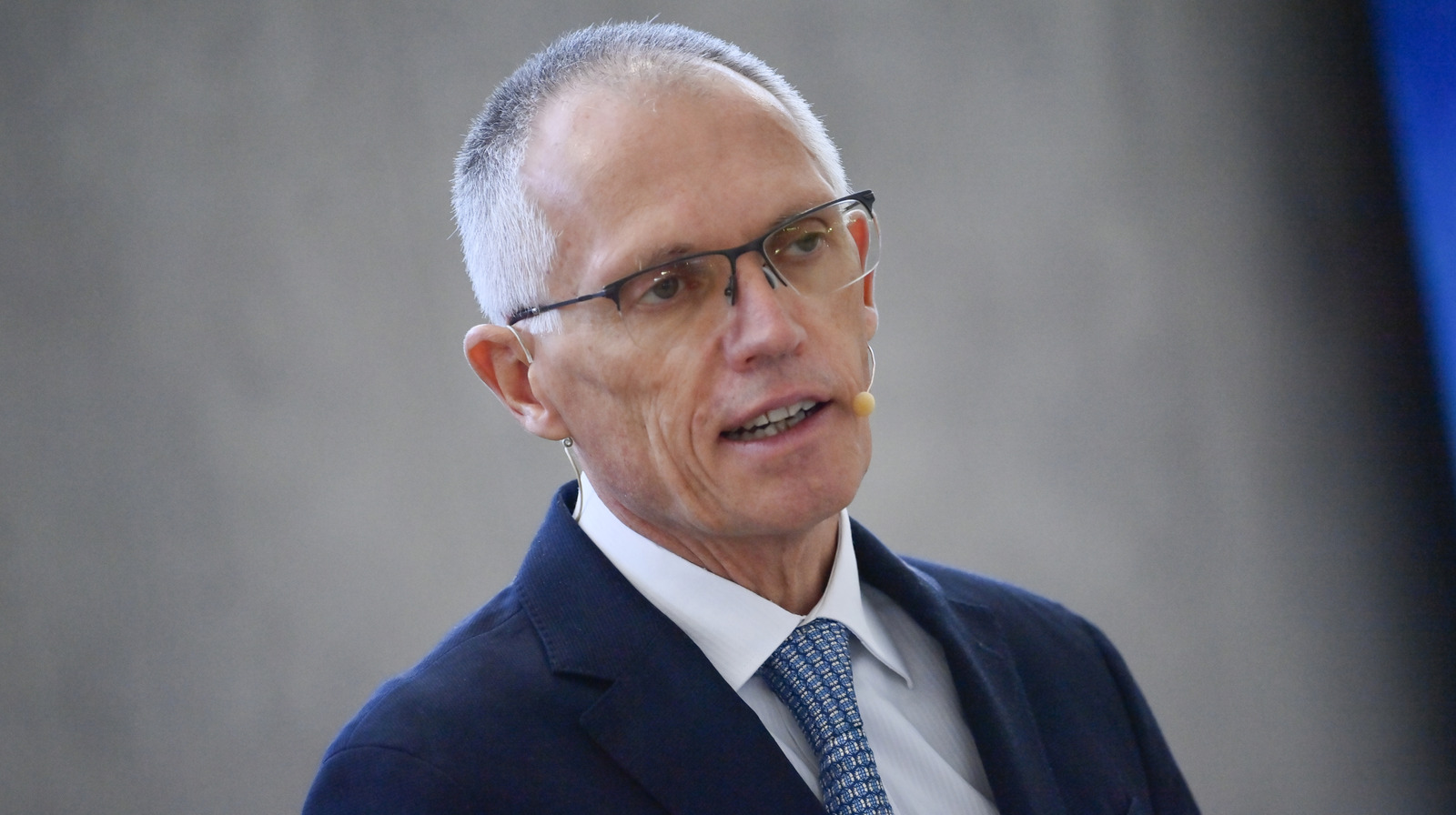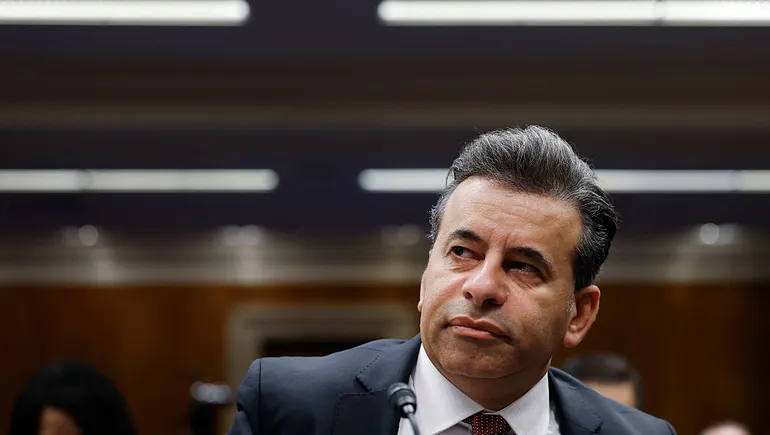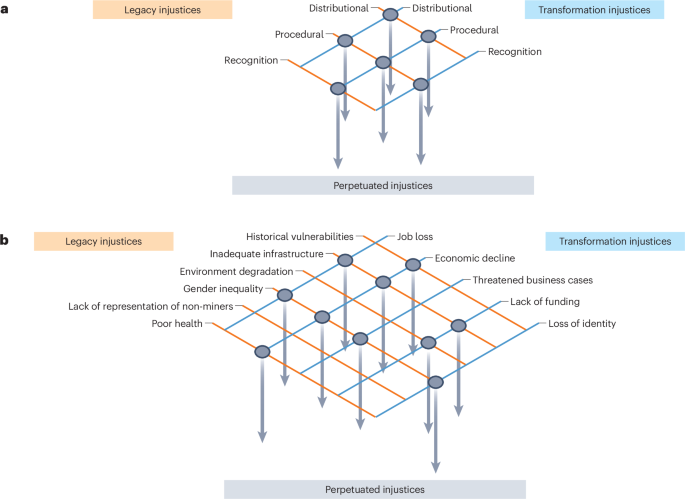More and Better Options: Strengthening Long-Term CEO Succession Planning
CEO succession is a board’s most important responsibility. This is especially true today, as companies face a range of intense pressures, the reality of decreasing leadership preparedness across a wide range of rapidly-evolving business challenges, record CEO turnover, and nuanced governance trends—such as an anticipated increase of shareholder activism (particularly in the United States) and a new push-and-pull dynamic between […]

Rusty O’Kelley is a Managing Director, and Rich Fields is the Head of Board Effectiveness Practice at Russell Reynolds Associates. This post is based on a Russell Reynolds memorandum by Mr. O’Kelley, Mr. Fields, Margot McShane, Dean Stamoulis, and Joy Tan.
CEO succession is a board’s most important responsibility. This is especially true today, as companies face a range of intense pressures, the reality of decreasing leadership preparedness across a wide range of rapidly-evolving business challenges, record CEO turnover, and nuanced governance trends—such as an anticipated increase of shareholder activism (particularly in the United States) and a new push-and-pull dynamic between board and management.
To ensure resilience in this quickly evolving business landscape, boards need to strengthen their processes to develop long-term CEO succession pipelines. This requires integrating more meaningful options into the succession process. Increasing optionality for top leadership roles is critical, as it allows the board flexibility in decision-making and risk mitigation, making agile, informed choices. Exploring different talent strategies and pathways will also allow boards to enhance value creation, as they will have increased options to achieve desired business results.
Russell Reynold’s 2025 Global Board Culture and Director Behavior study identifies three noteworthy barriers that prevent boards from creating meaningful optionality in CEO succession pipelines.




















































































































































